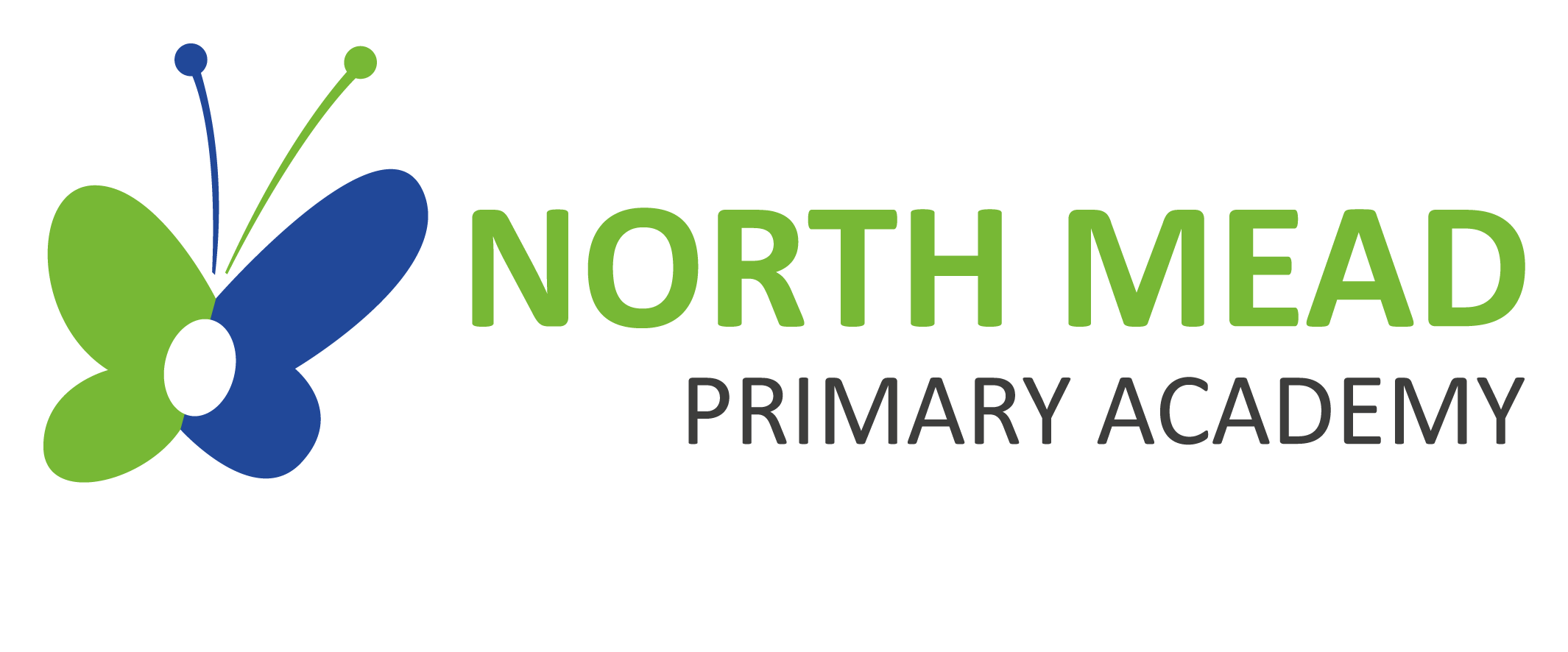Message from Mr Burpitt (Designated Safeguarding Lead)
My name is Ben Burpitt and I am the Designated Safeguarding Lead at North Mead Primary Academy. My role is to ensure the welfare and safety of all children who attend North Mead . We believe that children have a right to learn in a supportive, caring and safe environment which includes the right to protection from all types of abuse; where staff are vigilant for signs of any child in distress and are confident about applying our safeguarding processes to avert and alleviate any such problems. Through regular training, all staff are equipped with the necessary skills and knowledge to safeguard children from all forms of abuse.
If you are ever concerned about the safety or well‐being of someone at our academy, please talk to myself or one of my Deputy Designated Safeguarding Leads immediately.
Keeping children safe is everyone’s responsibility. Whilst you are visiting North Mead Primary Academy, if you are worried that a child or young person is being abused or neglected you MUST report your concerns. If you overhear or see anything that concerns you, please ask to speak to a member of the safeguarding team.
North Mead Primary Academy outside of school hours, please call Social Care on 0116 4541004 or the NSPCC on 0808 800 5000. Concerns can also be sent to school via our email address [email protected]. This email will be sent to our Removing Barriers team at the school and will be monitored throughout the year.


Removing Barriers Team
North Mead’s Removing Barriers team, have the responsibility for our Early Help Offer and coordinating it. They are all trained in safeguarding and have a good understanding regarding the appropriate response to concerns about a child. They are:
- familiar with North Mead Primary Academy’s Early Help Offer
- familiar with the Leicester, Leicestershire & Rutland Thresholds and Pathways Document.
- familiar with the SC Referral Process/EHA Referral Process and Early Help Hub arrangements.
- able to accesses bespoke support to improve their understanding of the EHA aims and principles.
- part of the team around the family.
- Jill Hurst is trained for using Liquid Logic.
The Liquid Logic Early Help Module (LLEHM) is an electronic case recording system for Early Help Assessments, which will enable them to:
- See if pupils within the school have previously received or are currently receiving support via Leicester City Council’s Children Centres and Family Support Service
- Track EHA requests and outcomes of cases that have been to the Partnership Hub

 Together We Make A Positive Difference
Together We Make A Positive Difference